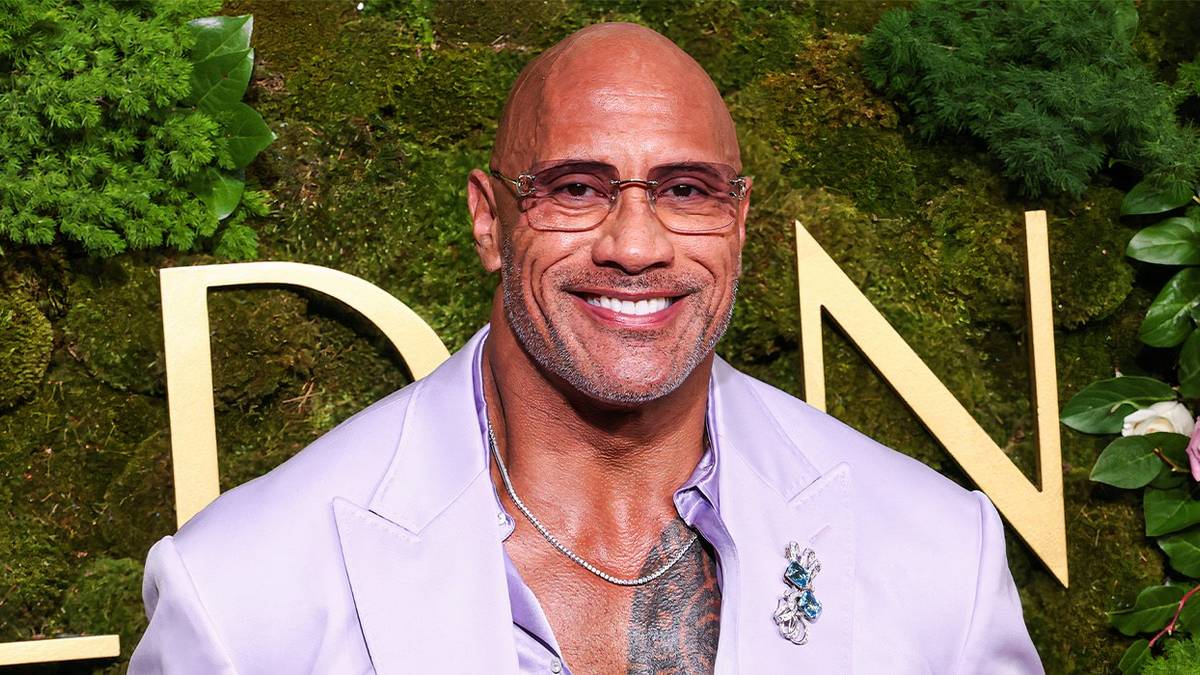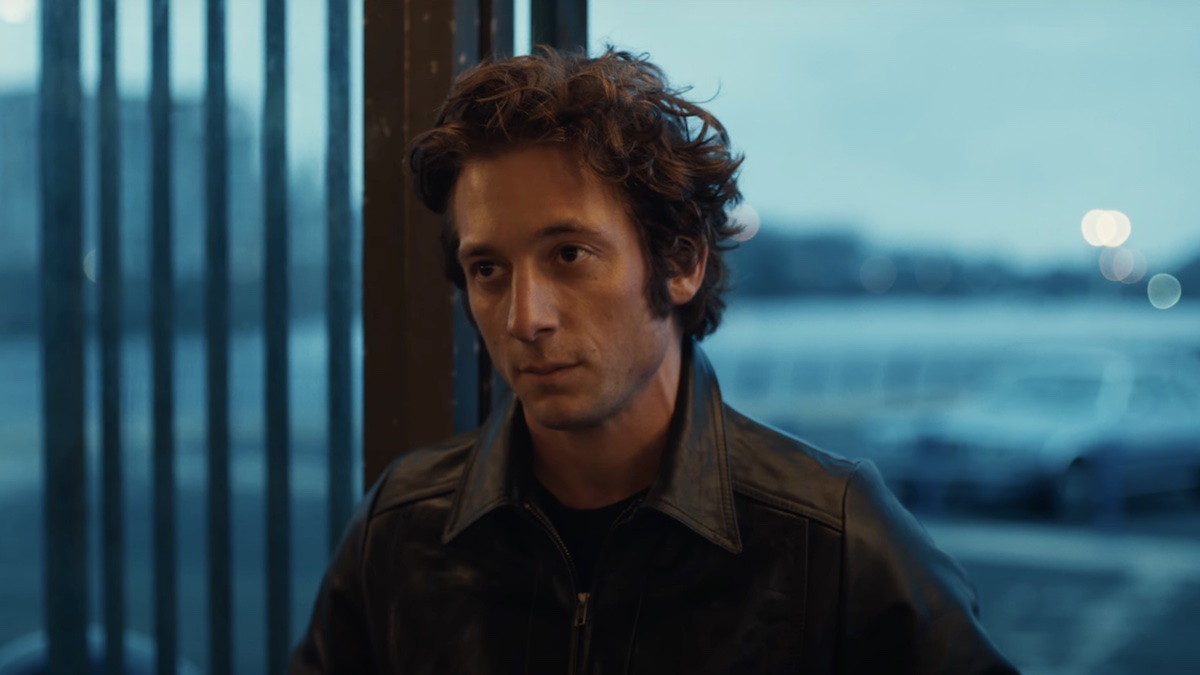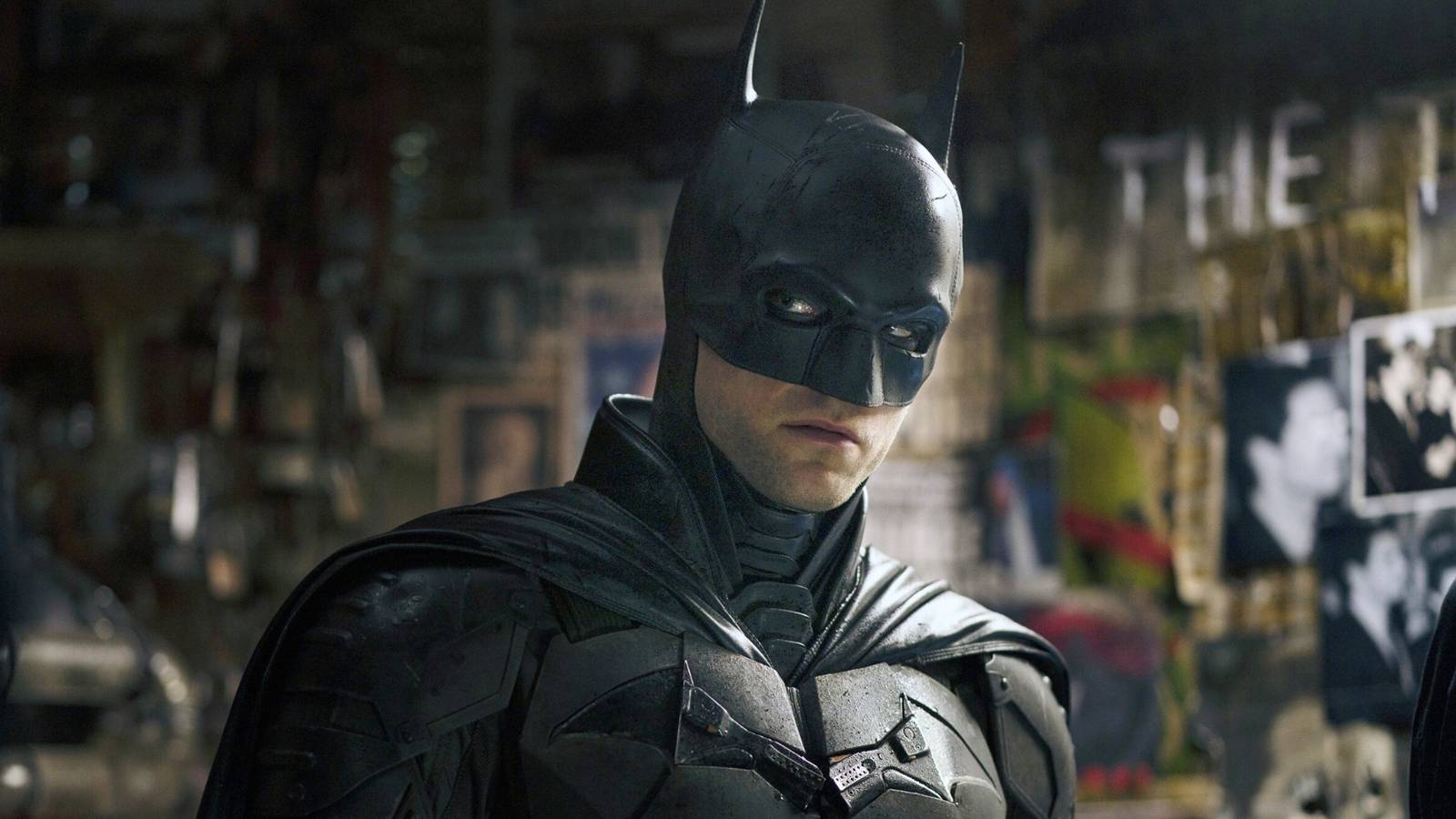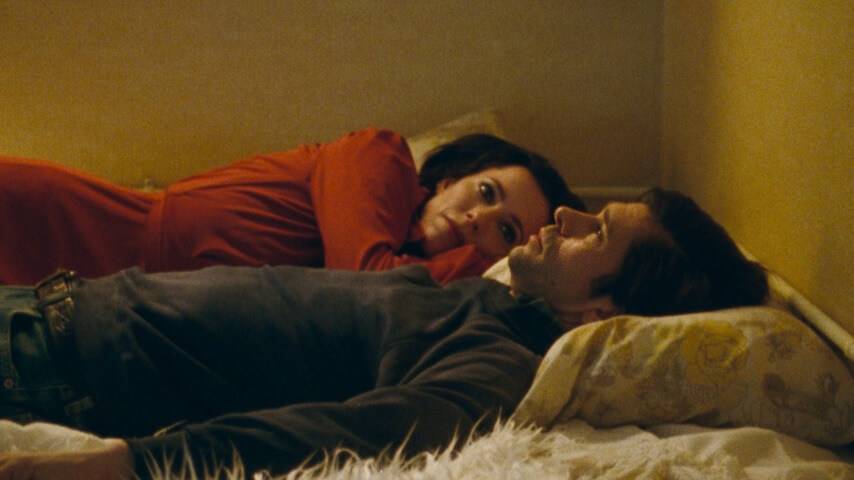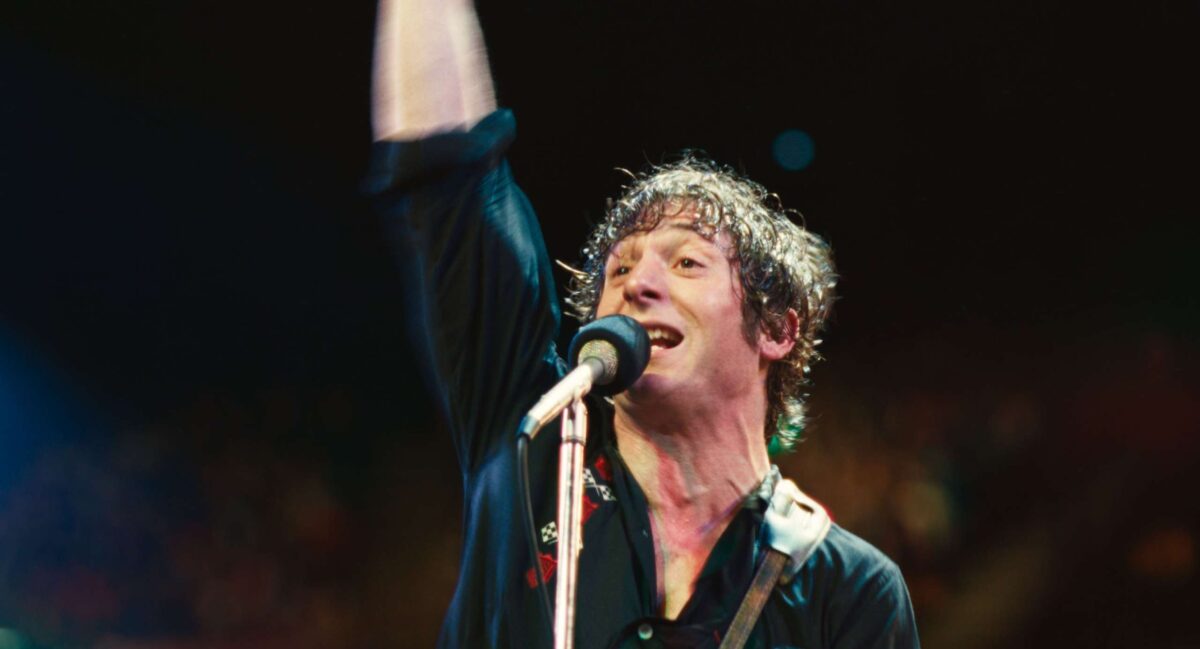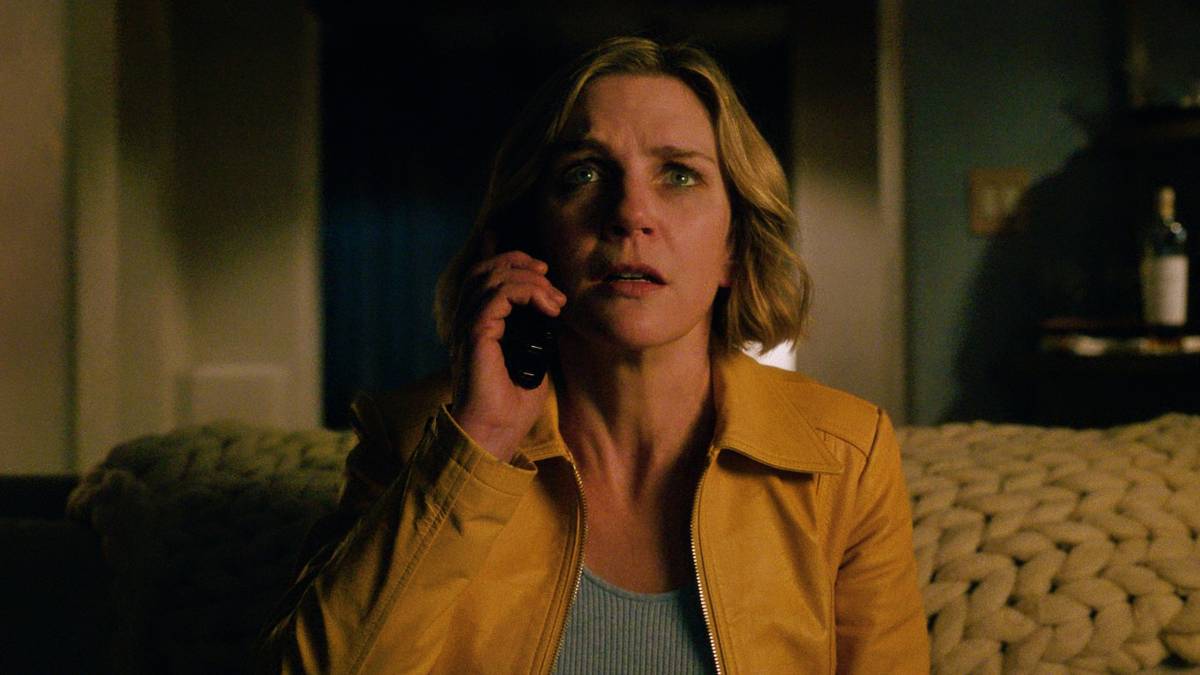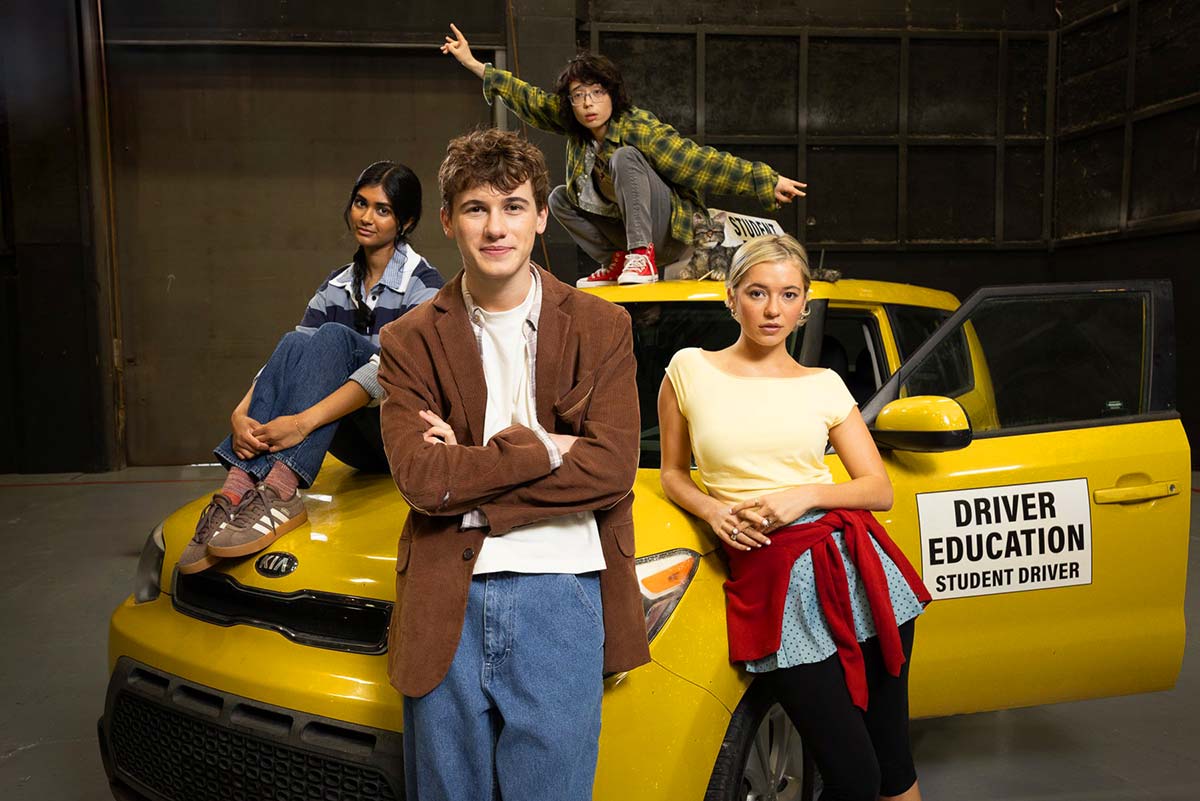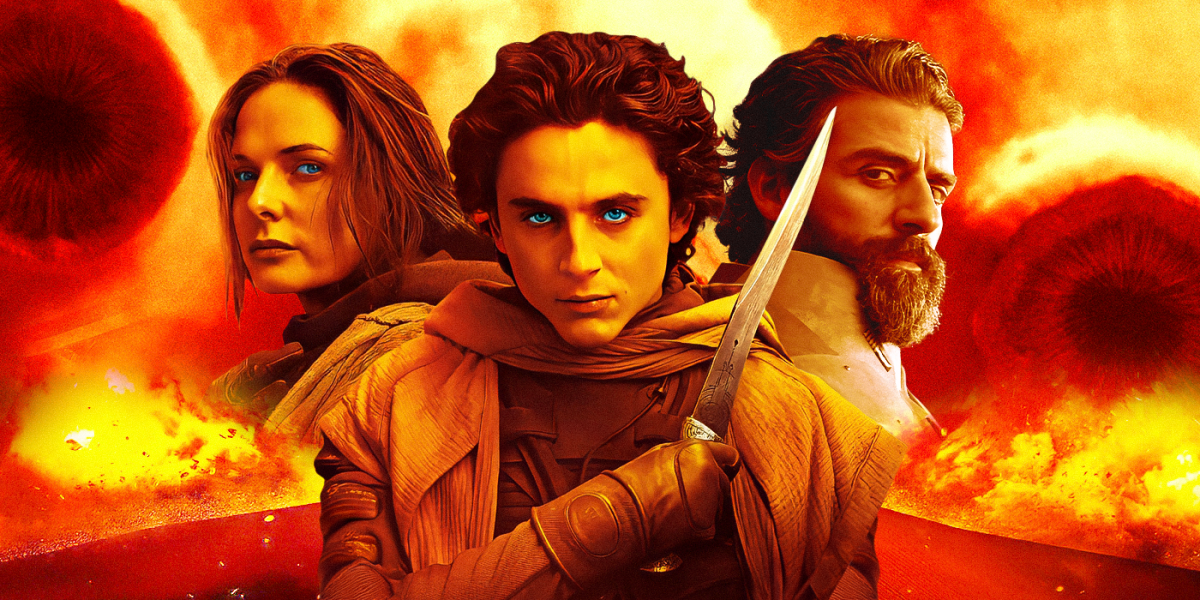
‘Dune 2’ Made a Mess of Frank Herbert’s Warning
Mar 23, 2024
The Big Picture
Frank Herbert’s message in
Dune
warns against surrendering to charismatic leaders.
Denis Villeneuve alters the story in the
Dune
film, leading to a muddled antihero concept.
Dune: Part Two
dilutes the dangers of heroism and lacks visual support for the cautionary message.
At the end of Dune: Part Two, Paul Atreides (Timothée Chalamet) commands that his legions of Fremen should be led to “paradise,” the beginning of a holy war that will sweep across the known universe. It’s a wave of violence Paul has foreseen since his arrival on Arrakis and spent so long trying to avoid. But the prophecy that led a young duke’s rise to leadership among the Fremen is too powerful a force to be controlled once unleashed. Those two elements – the charismatic leader and the actions of his followers – are at the core of one of the central messages of Frank Herbert’s book series. But that message has ended up a bit muddled in the two-part film adaptation.
Dune: Part Two Paul Atreides unites with Chani and the Fremen while seeking revenge against the conspirators who destroyed his family.Release Date March 1, 2024 Director Denis Villeneuve Runtime 166 minutes Writers Frank Herbert , Jon Spaihts , Denis Villeneuve
Frank Herbert’s Warning in ‘Dune’ Was To Beware of Heroes
Once Dune and its sequels caught on and interviewers came calling, Frank Herbert was generous in sharing his inspirations for the series. He discussed the planned but unwritten article about a program to control sand dunes that first sparked his imagination, his concerns about ecology, the life of T. E. Lawrence, and political and religious patterns throughout history, feudalism and messianism among them. From this cocktail of ideas came Dune and Paul Atreides, son of a noble duke, a boy bred and trained in great martial skill and superhuman abilities, and the beneficiary, when he comes to Arrakis, of long-seeded legends of a messiah from another world: the Mahdi, the Lisan al Gaib.
Paul and his mother, the Lady Jessica of the Bene Gesserit, both take advantage of the prophecy in order to survive, though not without reservations due to the ferocity of the Fremen’s battle prowess – and the intensity of their belief. In the novel, as in the film, Paul ultimately sees his efforts to prevent a Fremen jihad in his name as hopeless, but he still plays his part as the Lisan al Gaib to avenge his murdered father and take the throne from Padishah Emperor Shaddam IV.
Image via Warner Bros.
Paul’s moment of triumph over his enemies ends the first Dune book. It was an ending Herbert said was “[deliberate] high camp,” a chance to have fun at certain characters’ expense and to abruptly end the story with the reader wanting more. When it came time to deliver in Dune Messiah and Children of Dune, however, Herbert was less playful. Even within Dune itself, which plays out along a quite archetypal “hero’s journey” scenario, Paul’s visions of the future and his futile attempts to avoid the jihad he sees undermine his victory.
In the sequels, it’s undermined entirely. Fremen society is corrupted by power, Paul’s sister goes mad while acting as regent, billions of people across the Imperium die, and prescient visions leave Paul isolated and burdened with knowledge of a terrible future he can’t bring himself to face.
This descent of Paul’s across three books illustrates a key notion of Dune, at least in its initial trilogy: the dangers of surrendering our thinking to charismatic leaders. As heroic as Paul is and as righteous as his and the Fremen’s cause appears to be at first, slavish devotion to him offers no checks on his power and awakens impulses he can’t manage. Or, as Herbert himself once put it: “The bottom line of [Dune] is: beware of heroes. Much better [to] rely on your own judgment, and your own mistakes.”
The Message of the ‘Dune’ books is clear; In the Films, It’s Inconsistent
Image via Warner Bros.
Frank Herbert spelled out his take on what he once called the “superhero syndrome” quite plainly in interviews, often at some length. There’s no room for ambiguity about the consequences of Paul’s choices after hearing the author expound on them. But if you haven’t read or listened to any of Herbert’s interviews and just read the first book, the point isn’t driven in so forcefully. That’s not to say it isn’t clear. Paul’s inner monologues convey his fear of the future jihad clearly enough, and his and Jessica’s efforts to take advantage of Fremen prophecy aren’t exactly buried. But in the novel, the dark side to Paul’s hero’s journey in Dune is illustrated through action more than it is expounded upon through prose and dialogue. I hesitate to call the message subtle, but it is one facet of Dune that falls along Andrew Stanton’s maxim: give an audience two and two, but let them get to four on their own.
If you ask writer/director Denis Villeneuve, such a space for readers to add things up backfired on Herbert. “He felt that the readers misunderstood him,” Villeneuve told the A.V. Club. He said that Dune Messiah was written to counter mistaken impressions that Paul was a spotless hero. Herbert, for his part, said that Dune Messiahwas rejected by John W. Campbell’s Analog Magazine for straying into anti-hero territory, but he also claimed that the first three Dune entries were one book in his own mind. To avoid such ambiguity, Villeneuve modified the story by introducing an element of skepticism toward the prophecy in Fremen society, embodied mostly by Chani (Zendaya), and reframing the ending through Chani’s eyes as she takes Paul’s embrace of messianism as a betrayal and exposure of his power lust.
Image via Warner Bros. Pictures
Before that ending, the skeptics among the Fremen have ample opportunity to voice their contempt for religious prophecies and, in Chani’s case, their fear of being manipulated and enslaved by such legends. Paul himself is more resistant to any trappings of the Lisan al Gaib figure, for much longer. He even gets into an argument with his mother over her efforts to shore up faith in the legends, an agenda she pursues with fewer reservations than in the book, and one that’s presented in a far more overtly malicious light than it was on the page.
Such insistence on the dangers of messianism leaves no room for ambiguity, but it also risks gilding the lily. For all the dialogue telling the audience how wrong these Mahdi legends are and how dangerous it would be for Paul to embrace them, the film doesn’t show anything more than what was in the first book.
In the first book, the jihad (a word noticeably absent from both of Villeneuve’s films, despite its ubiquitous presence in the novels) hasn’t happened yet. The rot in Fremen society from power hasn’t happened yet. The only targets of Fremen violence are the Harkonnens and the Sardaukar, transparently evil forces whose intentions for the Fremen are genocidal. Manipulation and annihilation present a dire choice, but Dune: Part Two suffers from stressing the dangers of the former so much without examples – and despite the latter being the worse evil.
Related Watch Denis Villeneuve Explain How Timothée Chalamet Could Ride a Sandworm in ‘Dune: Part Two’ The Mahdi is humble.
The Antihero Concept Is Muddled by Dune: Part Two’s Changes From the Book
Too much talk stressing Dune’s hero caution without sufficient support is an ironic pitfall for Dune: Part Two to fall into, given Villeneuve’s stated frustration with overreliance on dialogue. But another ironic consequence of the changes is the muddling of the message against heroes. Take Paul’s stronger and longer denial of any messianic identity in the film. What changes his mind, exactly? In the book, it’s a decision he dances around, his prescient visions haunting him all the while, until an unforeseen assassination attempt pushes him to drink the Water of Life.
In Villeneuve’s film, Paul is triggered when Feyd-Rautha (Austin Butler) takes out one sietch (Fremen community). Bear in mind that, in the film, the Fremen have lasers that can take out Harkonnen ships with one shot, and Gurney Halleck (Josh Brolin) just put the Atreides family atomics back into Paul’s hands. However horrible the casualties from Feyd-Rautha’s attack are, that’s the only real Harkonnen victory against the Fremen shown in the film. Surely there’s space to adjust strategies and regain the upper hand without recourse to psychedelic worm juice and an abrupt about-face on the prophecies.
Paul’s reticence is made into part of his appeal to the religious zealots among the Fremen. Humility is taken as another sign that he is the true Lisan al Gaib. But he keeps up that reticence when it brings him no profit. He seems dead-set against being deified until it’s necessary for the story that he isn’t. And when he makes that change in thinking, he goes whole hog. His continued efforts to avoid or contain a universal jihad, right up until his duel with Fayd-Rautha, are done away with.
Image via Warner Bros.
One may well argue that the changes to Paul strengthen Herbert’s warning. But besides Paul’s reversal on messianism being so much more abrupt in the film, it’s worth considering some of Herbert’s longer explanations of his antihero theme. More than once, he emphasized that Paul was a heroic figure in Dune. “I worked to create a leader…who would be really an attractive, charismatic person,” he told Bryant Gumbel, “for all the good reasons.” In a joint interview with David Lynch ahead of the 1984 Dune’s release, Herbert noted that most messiahs in history were reforming figures with good cause to challenge the powers that be, and that Paul was not only in that tradition, but an “honest, trustworthy, loyal to his people” leader anyone would want to follow.
The fatal flaw in such leaders, Herbert went on, was in the response to them. Whatever decisions such leaders make, right or wrong, are slavishly obeyed and amplified by their followers, creating new power structures that attract corruptible individuals. In other words, Dune is a two-part warning: beware of heroes, but also beware of the unquestioning legions who can pull them along.
In casting Paul’s development in such an overtly negative (and arbitrary) light, Dune: Part Two dilutes the intoxicating charisma and heroism that sweeps Paul and the Fremen up. And by injecting skepticism among the Fremen, the film dilutes the danger of the legions. Paul, and the prophecy he tries to take over, are doubted, questioned, and resisted throughout. And with the commentary against heroes running ahead of any acts that might illustrate it, Dune’s cautionary tale comes to a confused mess.
Dune: Part Two is now in theaters.
Buy Tickets
Publisher: Source link
Ira Sachs’ Drama Is A Portrait Of Rare Intimacy & One Of The Year’s Best Acted Films
"I often have the feeling that in my day, nothing much happens... and I've wasted it." So muses photographer Peter Hujar (Ben Whishaw) midway through his recorded conversation with his friend, the writer Linda Rosenkrantz (Rebecca Hall). Linda has solicited…
Nov 13, 2025
Finding the Ghost in the Machine
Scott Cooper’s Springsteen: Deliver Me From Nowhere is a somber, deeply human biographical musical drama that refuses to play by the usual rhythms of the rockstar movie. Rather than glorifying fame or recreating Bruce Springsteen’s greatest hits, the film immerses…
Nov 13, 2025
Rhea Seehorn Is the Most Miserable Person on Earth in a Brilliant Sci-Fi Two-Parter
Editor's note: The below recap contains spoilers for Pluribus Episodes 1 & 2. It's almost impossible to write about Vince Gilligan's new Apple TV show, Pluribus, without wandering into territory that critics have been shooed away from — and with…
Nov 11, 2025
Bobby Farrelly’s Feature-Length Sit-Com Is Old-Fashioned But Wins You Over [TIFF]
The Farrelly Brothers, Peter and Bobby, were comedy royalty in Hollywood after hits “Dumb And Dumber” and “There’s Something About Mary”, among others. Much like the Coens and the Safdies, they recently split up to chart their individual careers. Peter…
Nov 11, 2025

